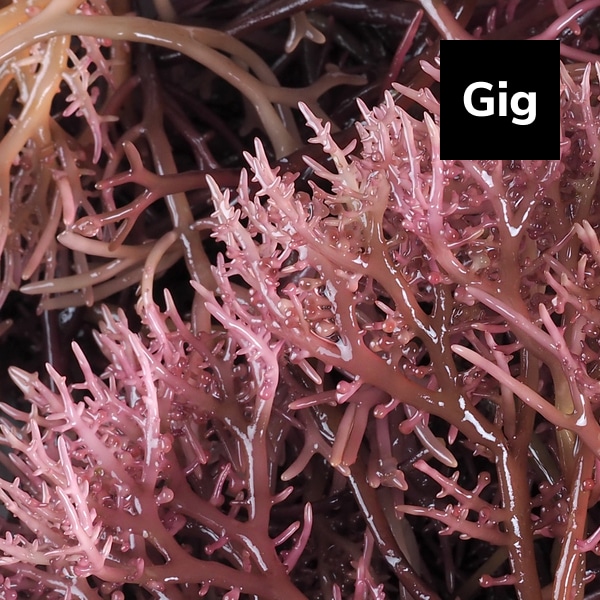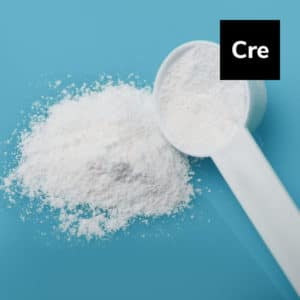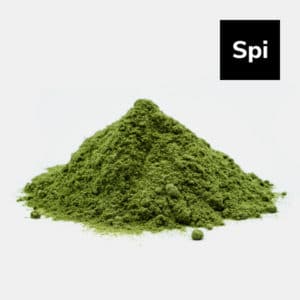Overview
Gigartina, one of more than 4,000 species of red algae, is one of the most beneficial and potent sea vegetables.
Key Benefits
- Supports a healthy immune system
- Supports healthy hair, skin, and nails
- Provides strong antiviral effects
- May have a glucose uptake effect
- Provides antioxidant and antimicrobial protection
History of Usage
Eastern civilizations have used Gigartina as a food and medicinal for thousands of years. Gigartina was first used in China around 600 BC. It is a major source of carrageenan, a sulphated polysaccharide used as an emulsifier and stabilizer.
Before the 1930s, there were various traditional ways of extracting gels from red seaweeds. For centuries, jellies, milk puddings, and blancmange have been made with Gigartina. Modern extraction techniques are making bioactive seaweed substances (BASS) more valuable in food product development. They can provide foods with additional functions related to health promotion and disease prevention.
Gigartina is now used as a carrageenan source in nutritional supplements, functional foods, and cosmetics.
Biochemistry
Gigartina is an active strain of red marine algae that is beneficial for the skin and immune system. It’s a good source of protein, trace minerals, fiber, calcium, magnesium, and vitamin K. It contains sulfated polysaccharides, protein-bound carbohydrates that help the body fight bacteria, viruses, fungus, and toxins.
Carrageenan (73%) is made up of galactose, sulfonate, and 3,6-anhydrogalactose (36 percent ). (0.65%). Carrageenans are derived from red edible seaweeds. The Gigartina red marine algae are the richest source of sulfated polysaccharides known.
Extraction of Gigartina extract has been shown to have antiviral effects, especially when given within an hour after infection.
Recent Trends
- The red algae market is expected to reach USD 44.30 million by 2028. It has an increasing annual pace of 8.90 percent.
- Powders and capsules of Gigartina are used in cosmetics and dietary supplements.
Precautions
- Girgartina appears to be safe for pregnant and breastfeeding women.
- It should not be taken by people who are taking medications that interact with vitamin K or iodine. Likewise, to those who have a disease where high levels of iodine or vitamin K are contraindicated.
References
- Duarte ME, Noseda DG, Noseda MD et al. Inhibitory effect of sulfated galactans from the marine alga Bostrychia montagnei on herpes simplex virus replication in vitro. Phytomedicine 2001 Jan;8(1):53-8:
- Z Naturforsch. Antiherpes virus effect of the red marine alga Polysiphonia denudata. Institute of Microbiology, Bulgarian Academy of Sciences. 2000 Sep-Oct;55(9-10):830-5:
- Harden EA, Falshaw R, Carnachan SM, Kern ER, Prichard MN. Virucidal activity of polysaccharide extracts from four algal species against herpes simplex virus. Antiviral Res. 2009 Sep;83(3):282-9. doi: 10.1016/j.antiviral.2009.06.007. Epub 2009 Jul 1. PMID: 19576248; PMCID: PMC2730659.
- ER, Prichard MN. Virucidal activity of polysaccharide extracts from four algal species against herpes simplex virus. Antiviral Res. 2009 Sep;83(3):282-9. doi: 10.1016/j.antiviral.2009.06.007. Epub 2009 Jul 1. PMID: 19576248; PMCID: PMC2730659.
- Unnikrishnan PS, Jayasri MA. Marine Algae As A Prospective Source For Antidiabetic Compounds – A Brief Review. Curr Diabetes Rev. 2018;14(3):237-245. doi: 10.2174/1573399812666161229151407. PMID: 28034290.
- Michael D. Guiry (1984) Structure, life history and hybridization of atlantic Gigartinateedii (Rhodophyta) in culture, British Phycological Journal, 19:1, 37-55, DOI: 10.1080/00071618400650051
- Nakashima H., Kido Y., Kobayashi N., Motoki Y., Neushul M., Yamamoto N. Purification and characterization of an avian myeloblastosis and human immunodeficiency virus reverse transcriptase inhibitor, sulfated polysaccharides extracted from sea algae. Antimicrobial Agents and Chemotherapy. 1987;31(10):1524–1528. doi: 10.1128/aac.31.10.1524




